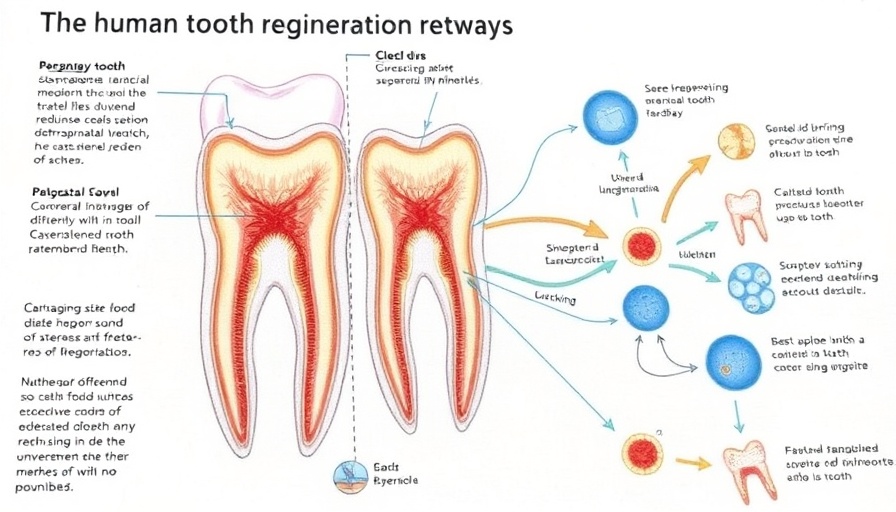
Can Humans Regrow Their Teeth? Exploring Opportunities in Bioengineering
When children lose their baby teeth, it's a natural, almost magical process, as their adult teeth are already developing beneath the gums, eagerly awaiting their chance to emerge. However, for adults dealing with tooth loss, the reality is much less enchanting—there are no extra teeth waiting to take their place. Instead, individuals often need to rely on dentures or titanium implants, which, while functional, do not replicate the experience or health benefits of natural teeth. But what if, like pigs, humans could also regrow their teeth?
Breakthroughs in Biotech and Dental Medicine
A recent study by researchers at Tufts University School of Dental Medicine is paving the way to turn this possibility into reality. Led by professor Pamela Yelick, the team has successfully bioengineered human-like teeth in pigs using a combination of human and pig tooth cells. The implications of this research are remarkable, moving a step closer to developing living, bioengineered teeth that could replace dental implants, providing a more natural solution for tooth loss.
The Limitations of Current Dental Solutions
Many people who have lost teeth often resort to implants made from titanium, a material known for its durability and compatibility with bone. However, titanium implants lack the vital elements present in natural teeth, such as soft tissue that absorbs chewing forces and helps maintain bone density. As a result, improperly aligned implants can lead to bone deterioration, creating complications and increasing the risk of implant failure.
The Vision for Bioengineered Teeth
Yelick's innovative research focuses on growing a tooth root that not only provides physical anchoring like its metal counterpart but also includes living dental pulp and is secured by periodontal ligaments. This advancement could revolutionize oral health and contribute positively to systemic health by improving one of the most essential aspects of human biology—our teeth.
Science Fiction or Near Future?
Imagining a future where humans can regrow teeth involves considering numerous factors—ethical, practical, and biological. As research progresses in the fields of biology and biotech, we can look forward to potentially transformational changes in dental care. The ability to regenerate teeth could reduce dental anxiety associated with implants and improve overall quality of life by restoring our natural oral functions.
How Could This Change Our Lives?
For those who dread dental visits or face challenges with existing dental solutions, the thought of growing their teeth is nothing short of enticing. It sparks hope for a time when tooth loss doesn’t have to result in reliance on artificial materials but rather returns to the body's innate healing capabilities. As technology and biology intertwine, this dream may soon become an attainable reality.
In conclusion, the vision of regrowing teeth isn't just about advancing dental science—it's about enhancing quality of life. As researchers like Yelick pursue this groundbreaking work, they are also tackling fundamental questions about our biological limitations and the potential for regenerative medicine.
 Add Row
Add Row  Add
Add 




Write A Comment